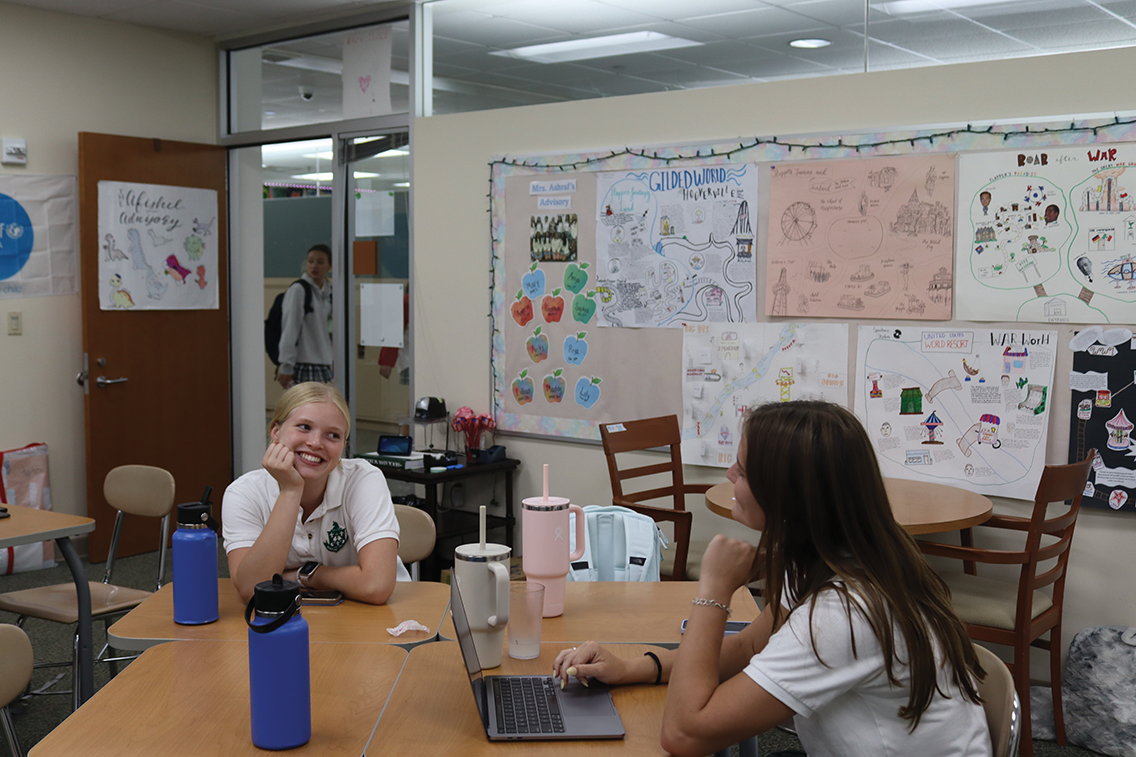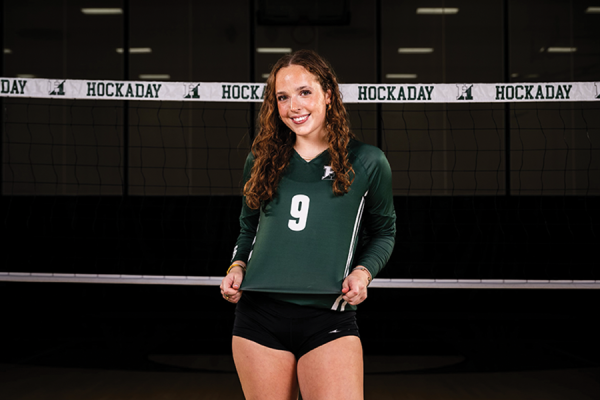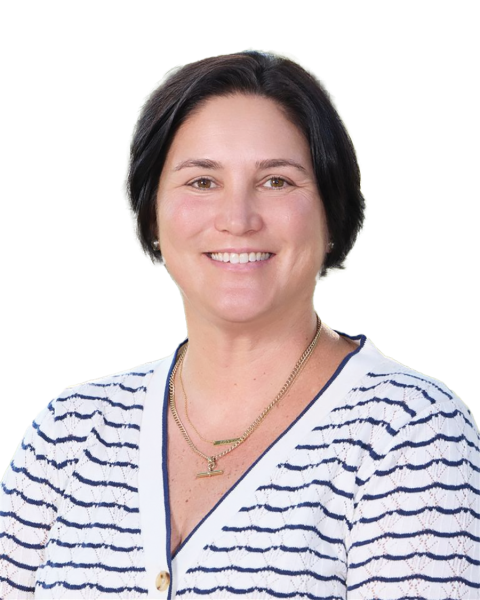Empowering youth voices
Three students chosen to participate in national program on race, justice, equity
March 2, 2021
Lindsay Heusinger, Naz Soysal and Zoya Haq were chosen to participate in a program called Empowering Youth Voices run by Close Up. Starting Feb. 22, these three Upper School students will engage in conversations about race, justice and equity with students across the nation.
Junior Soysal has done advocacy work in the past.
“I think the training offered by this program is critical in creating real change in the areas I care about,” Soysal said. “I am super excited for the connections this program offers with other teenagers across the country. Working with peers nationwide gives the ability to hear different perspectives on a variety of issues.”
Junior Heusinger, a member of the Community Service Board, jumped at the opportunity to take part in this program.
“I saw the email that Ms. Day sent out and I was really excited about the opportunity,” Heusinger said. “I thought it was a great way for me to get new ideas in general and then also bring those ideas back to the community service board.”
In early January, Laura Day, director of service learning, sent an email to Form II and Form III students with program information, encouraging them to sign up.
“The first three who responded were the ones we chose,” Day said. “They had to write a paragraph about why this mattered to them and then we took the first three.”
Day partnered with Close Up to form the program and build its curriculum. Close Up runs programs based on civic education and mobilizing youth.
“Because of COVID, we’ve started doing all these Zoom programs,” Day said. “We decided that we should offer a race, equity and justice program to bring students around the country who would want to talk about these issues.”
Schools around the United States send a select group of students to represent them and participate in the designed discussions.
“In this way, participants are not just talking with the people around them, but they’re also talking with people across the country,” Day said.
The curriculum is divided into six 75-minute sessions on Zoom, each led by a Close Up facilitator. It aims to help students collaborate with others to generate ideas and build empathy for other people’s viewpoints.
“You leave students in those conversations as opposed to debates and you help them understand how to build consensus,” Day said. “Then you can help them come up with a plan about what they want to do with this information when they go back to their school.”
Despite COVID-19, students are still able to engage in these programs. “Because of how much the world is flat right now due to Zoom, I love that our students have the chance to talk to other students,” Day said. “It’s so nice to have a diversity of opinion and meet other students like yourself. I think there is so much power in students coming together around the country around things they care about.”









